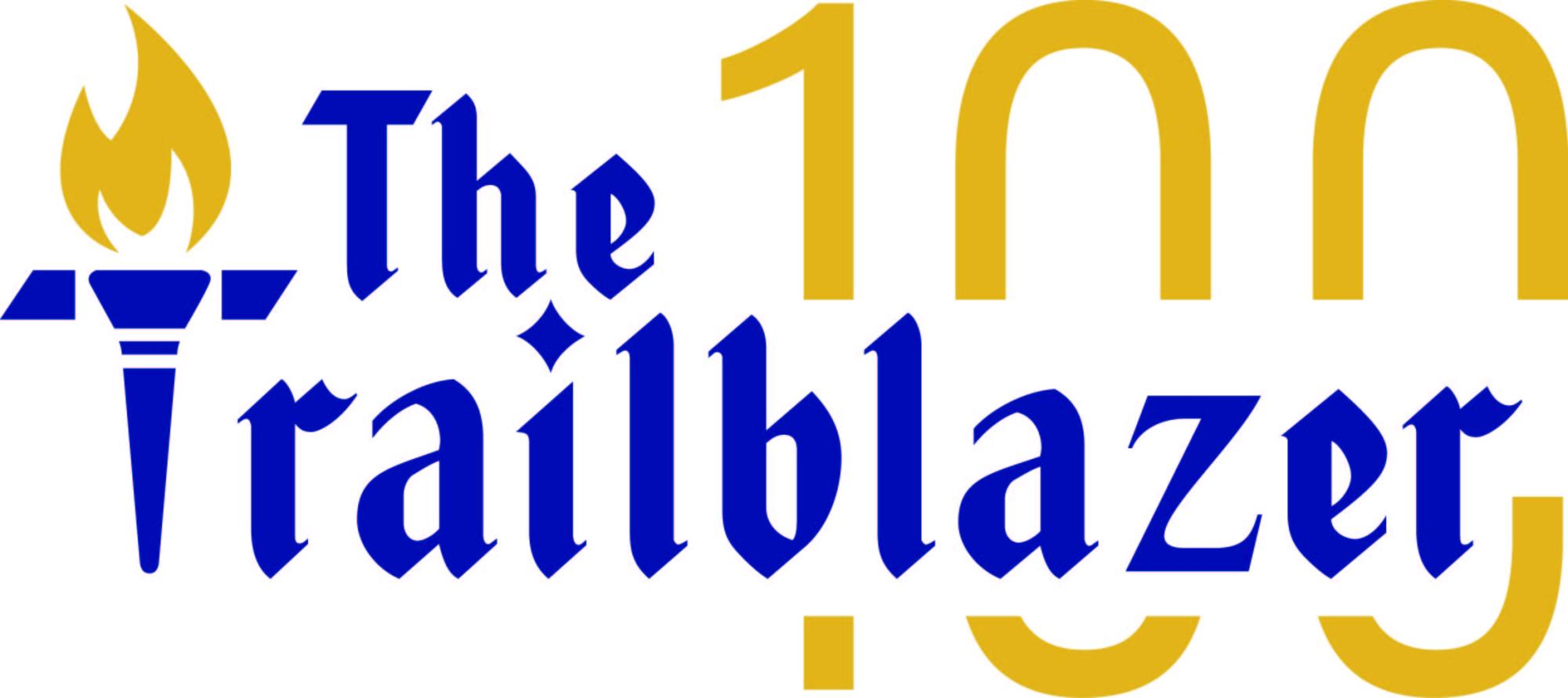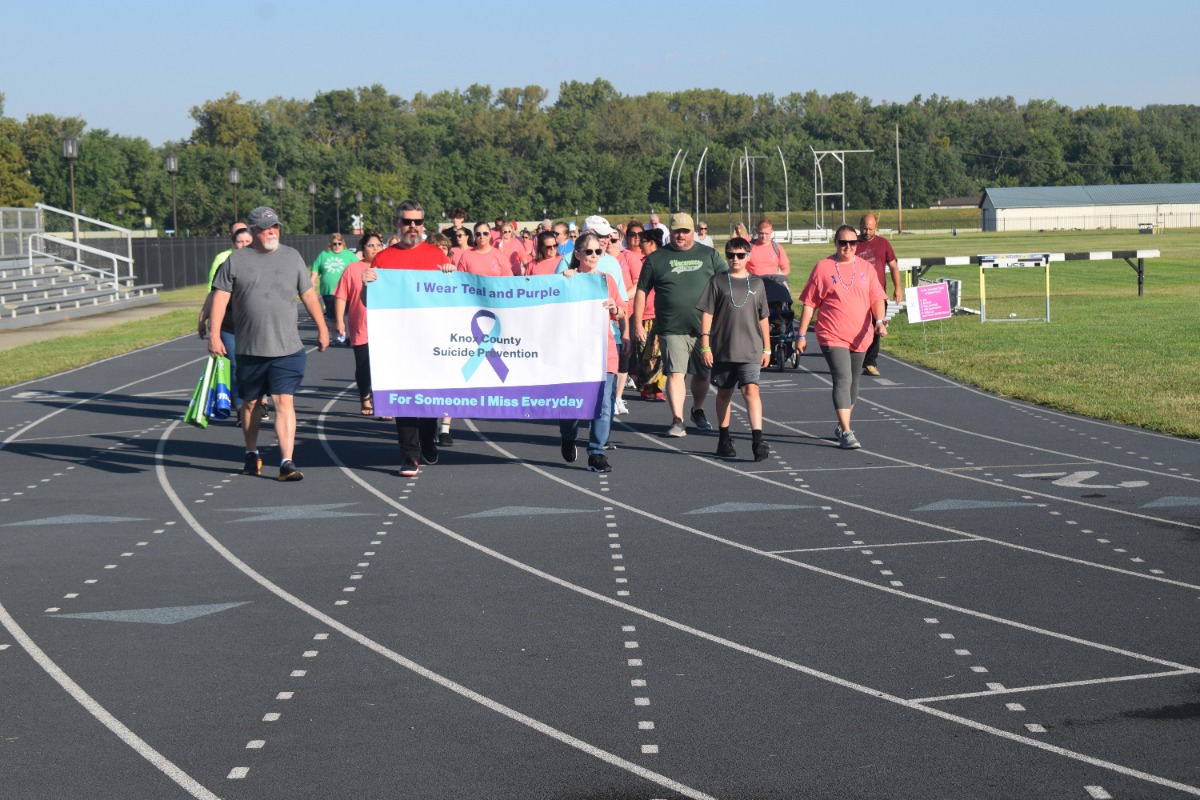Tiffany Mitchenor speaks boldly at ‘Sex Signals: the Hook-Up’ for Sexual Assault Awareness Month
April 11, 2018
In honor of April being Sexual Assault Awareness Month, on Wed, April 4, Tiffany Mitchenor from Chicago, Illinois, came to give VU students the “sex talk.” During the presentation, titled “Sex Signals: The Hook Up,” students were encouraged to throw out words to describe both male and females that are sexually active. For females the words were primarily negative, many not suitable for newspaper publication.
The words to describe males who are sexually active were quite similar. However, males who have sex are portrayed to be “cool,” while on the other hand, females who have sex are portrayed to be “whores, sluts, skanks,” as well as some other negative words mentioned.
The conversation transitioned into why females are shamed and looked down on for being sexually active while males are praised.
Mitchenor then asked students, “What is the perfect hook-up?” Many of the students were excited and ready to answer the question, so they immediately began to explain what the perfect hook-up is to them. One person said “music,” another said “consent,” many of the students in the audience said “ongoing.”
She also asked, “What are some of the feelings you feel after ‘the hook up’?” Students answered with “hungry, sleepy, rejuvenated, happy and euphoric.”
During the presentation, Mitchenor was very straightforward.
This all brings us back to the language that we use, and why it is important to watch how we describe others. Since April is Sexual Assault Awareness Month, Mitchenor used the students to throw out these negative names to get everyone to understand that the language that we often use can be very offensive to sexual assault victims.
There are five phases of sexual assault, and the most important of them all is the target selection, she said. Mitchenor said that “this ties into the language because they’re thinking “oh, he’s a player, she’s a slut.”
Mitchenor said that we should all recognize the red flags and listen for the red flags, and don’t wait until the last minute to get away.
She expressed that if we are to ever come across a sexual assault victim that we should reach out and offer help and assistance to them; express to them that whatever happened is not their fault and offer resources.
After the event Mitchenor was asked “what is the message behind this informative presentation?”
Mitchenor responded with “basically that the language we use is very uncomfortable for victims. We want them to feel comfortable and we want to help support the survivors of sexual assault.”
Emily McNew, Sandborn, surgical tech, mentioned that “it was interesting and fun to listen to her. I felt comfortable.”
Sidney Gharst, Princeton, social work, said that Mitchenor “used real language and she didn’t beat around the bush. She didn’t care if the message hurt feelings.”
Janay Graper, Westphalia, nursing, expressed her feelings about the presentation by saying “she told you everything you can do to help and speak out to a person who was attacked.”
And that was the point of the presentation, to watch the language we use, always recognize red flags and to be very supportive to those who have survived such a tragedy.




